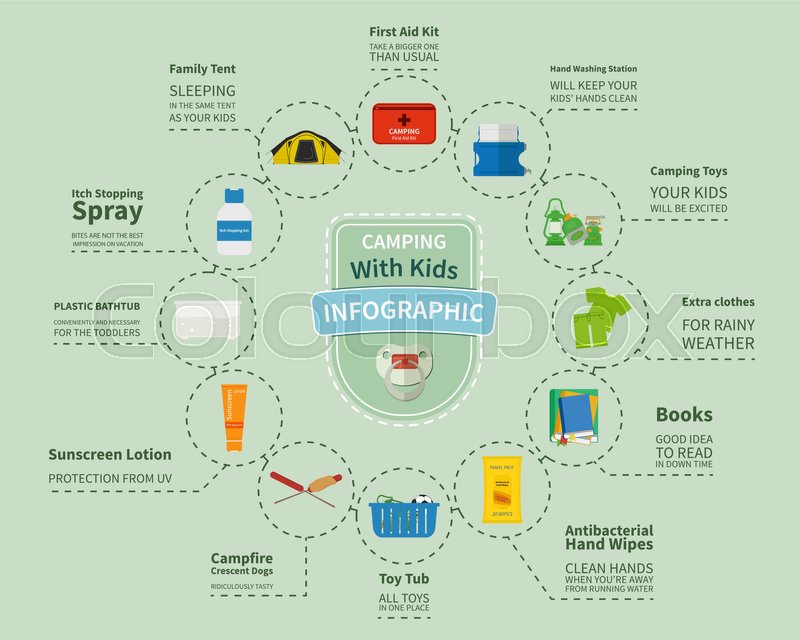Stargazing can be a satisfying and enjoyable pastime. It promotes mindfulness and attaches us to nature, particularly in beautiful environments like remote mountain tops and deserts where light pollution is minimal.
How do you pack a bell tent?
The best time to stargaze is throughout the loss and winter season, when temperatures are milder and weather are more stable. Bring an outdoor tents and resting bag to stay comfy while seeing the stars.
Prepare Ahead
If you have not been daydreaming for some time, it is essential to get comfy prior to you begin seeking out. Plan ahead by using cozy clothes, bringing extra layers (also in high summer the UK can be chilly), and packing a thermos of something hot to consume.
Preferably, locate a place away from city lights. You'll be able to see more stars and planets without the disturbance of light air pollution.
You do not need to bring a telescope or binoculars to take pleasure in the stargazing experience, although they can assist you see more information of celestial objects. You can even use your mobile phone to identify worlds, celebrities, constellations and galaxies with a stargazing app. Just keep in mind that the celebrities can be hard to see on a brilliant phone screen.
Bring Comfortable Garments
When stargazing, it's important to clothe comfortably. Also in summer, evenings can be cold, so put on layers and a hat to shield yourself from the aspects.
Take into consideration bringing a thermos with hot cacao or coffee to stay stimulated as you look at celestial bodies. It additionally assists to have a canteen so you can stay hydrated while you observe.
Discover a place away from city lights and near to wide-open countryside. This will help reduce light pollution and make it less complicated to see celestial objects. Ideally, try to intend your stargazing experience around the time of a new moon or within 3 days prior to and after. This will certainly offer the darkest skies possible, perfect for observing celestial objects and sensations. Bring a map, compass or general practitioner device to browse to your watching place and stay clear of obtaining lost.
Bring Snacks
If you're mosting likely to be out in the elements for a long time, be prepared with comfy seating and snacks. You could stay for a few hours at the top of your stargazing experience, so having some chairs or blankets to remain on can make the evening much more pleasurable.
You may intend to bring a headlamp, however if you do, be sure it's red so you do not disrupt other stargazers with your regular light. Your eyes need to accommodate to the darkness, and making use of a routine light will disrupt this process.
A flask of a hot beverage is also a wonderful idea-- you can get cozy in your covering with some tea, hot cocoa and even coffee! Just be sure to pack the multiple-use bottles so you're remaining hydrated.
Bring a Telescope or Field glasses
Daydreaming is an activity that includes standing in a dark location for extended periods of time, so it is very important to make sure you fit. A good way to do this is by bringing a reclining chair or blanket to being in. This makes the experience more satisfying and permits you to focus on the stars as opposed to your aching back!
For more advanced stargazers, a telescope can be a wonderful tool to have. An easy reflector or compound telescope can be enough fancy tent camping to observe the moon's craters, the rings of saturn, and even some bigger galaxy and galaxies.
Field glasses are additionally an outstanding choice to telescopes. They are portable, affordable, and easy to use, and can assist you see a great deal greater than what your nude eye might take care of on its own.
Strategy Your Trip
An effective stargazing experience needs careful prep work. Dressing properly, bringing cozy beverages and comfortable seats (like reclining chairs or outdoor camping coverings), and notifying somebody regarding your journey information and anticipated return time are essential for safety.
Choosing the right area is additionally vital. Seek dark sky areas that are far from light contamination-- like national parks or marked dark-sky books. And plan your browse through throughout the new moon for the darkest skies.
Stay clear of utilizing flashlights as high as feasible, considering that they hinder your capability to see the celebrities-- and bear in mind that it takes 20 mins for your eyes to re-adjust after each usage. If you do need to make use of a flashlight, consider covering it with red cellophane to maintain your night vision. Also, make sure to research study celestial occasions like meteor showers or eclipses.
Is a tent necessary for camping?
